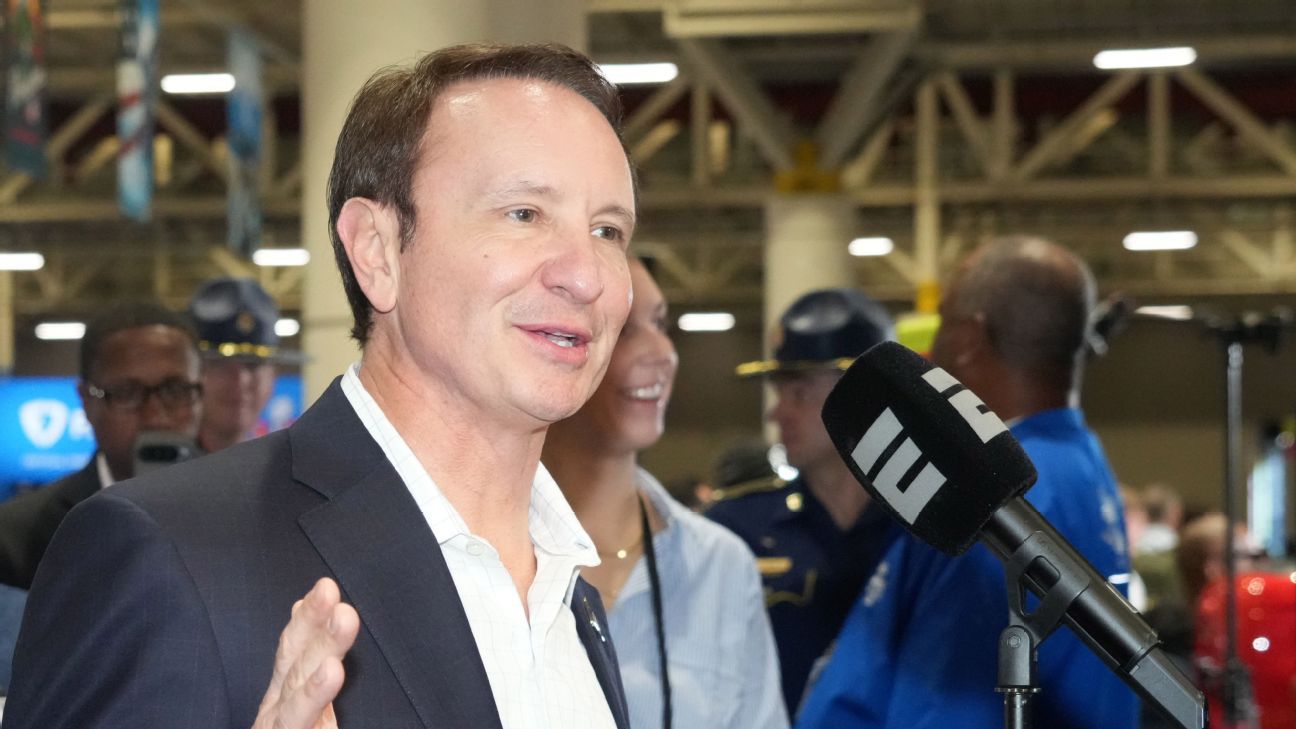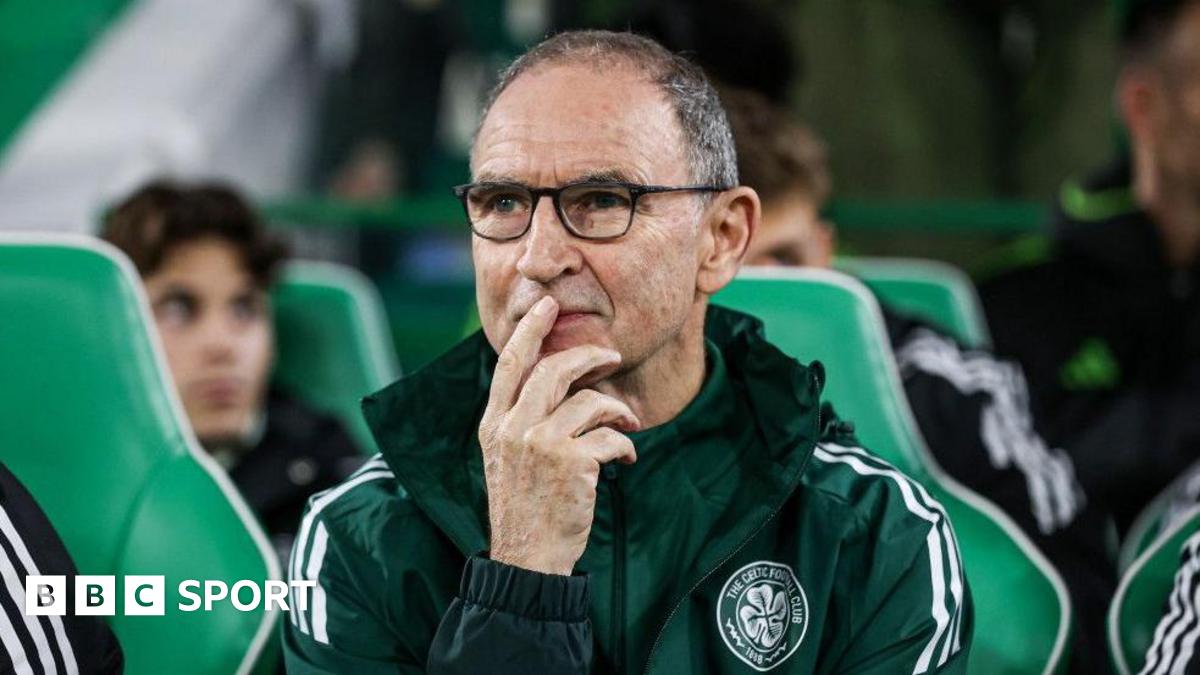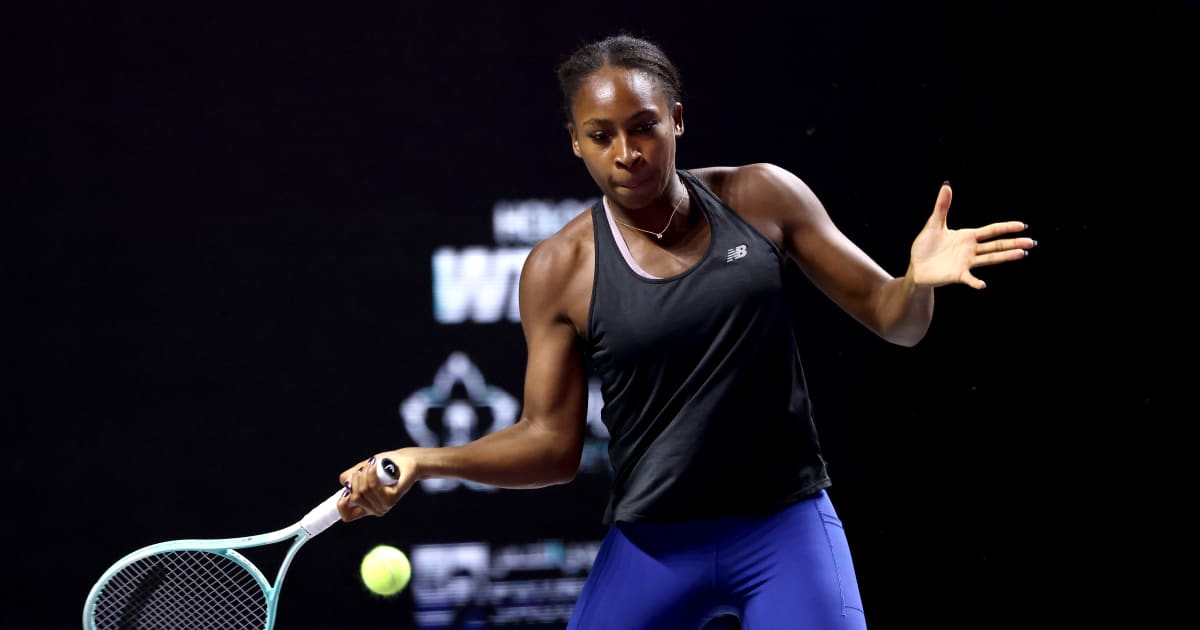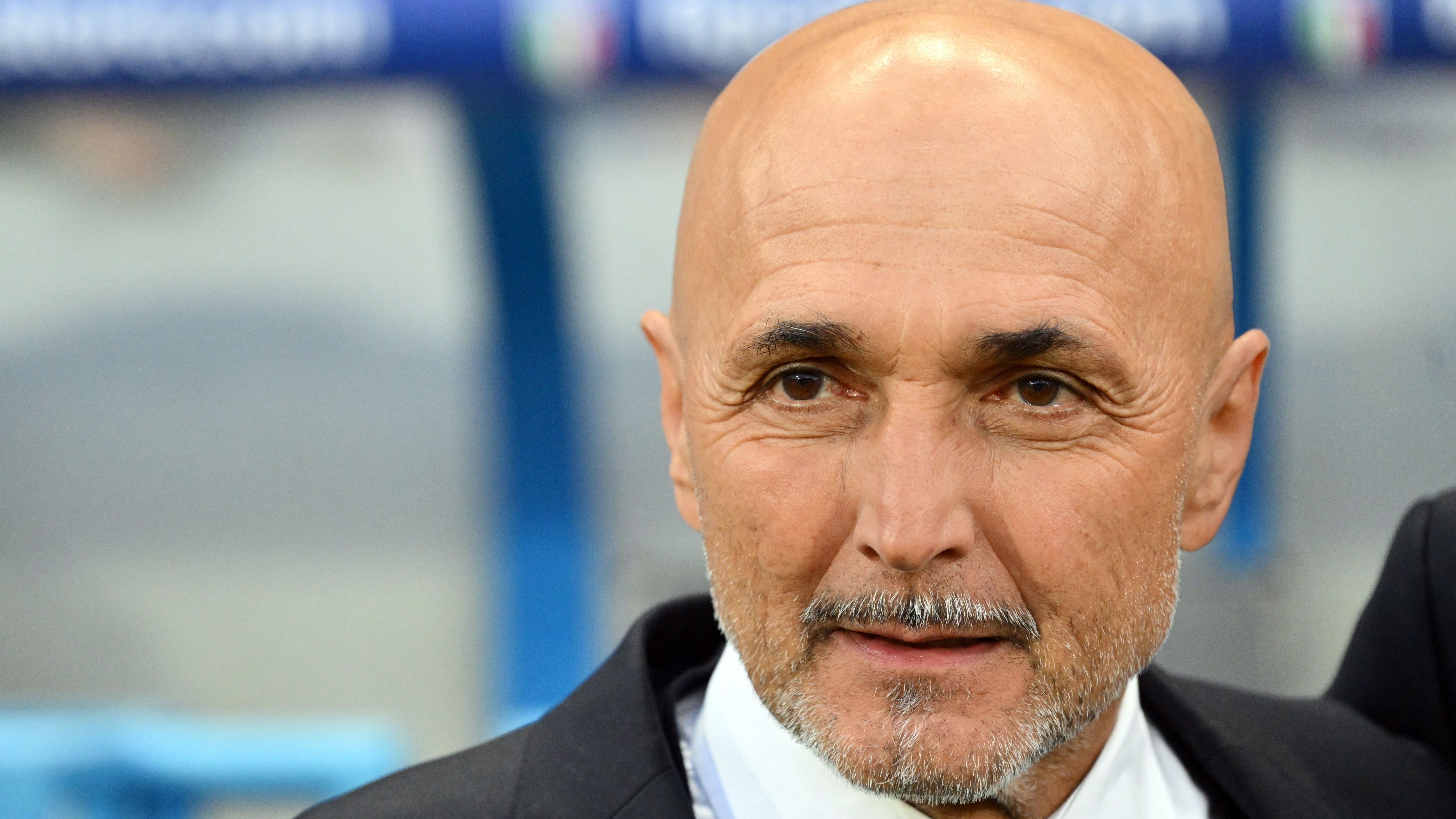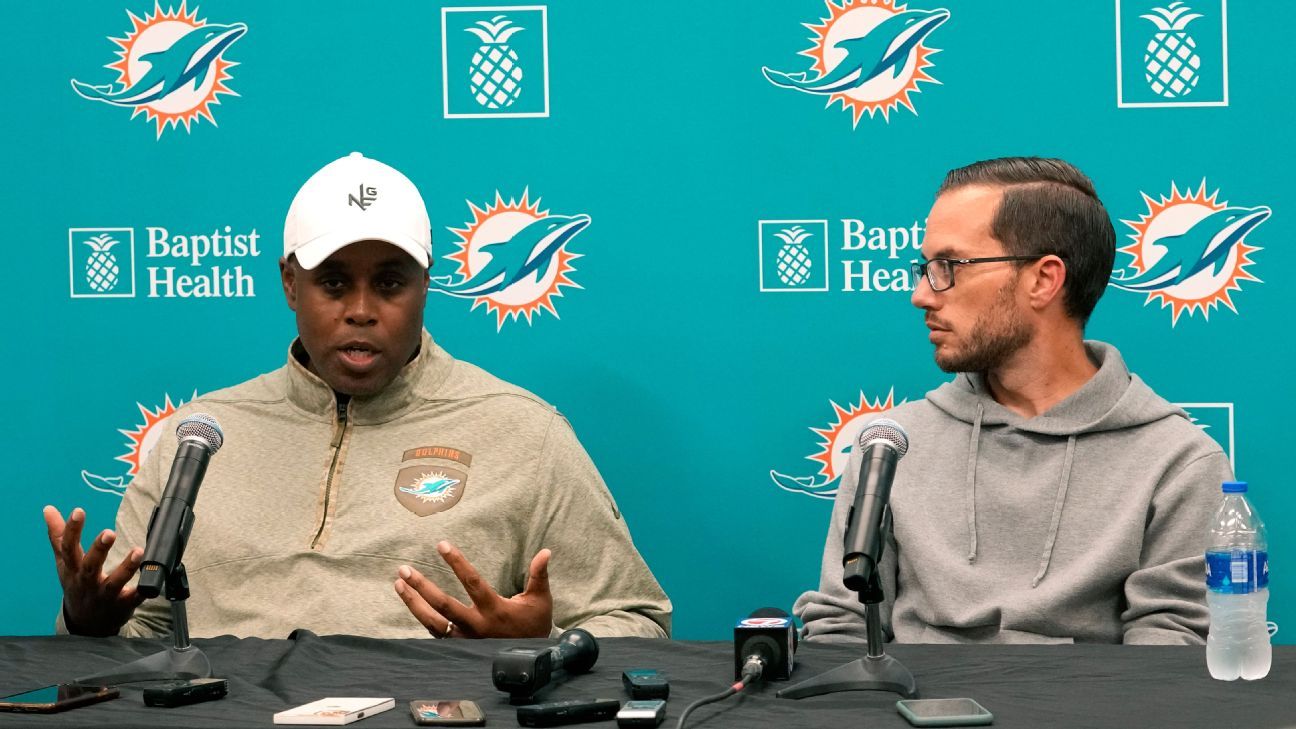“Want inclusive cities? Design sport spaces with refugees”: A conversation with Gerald Mballe
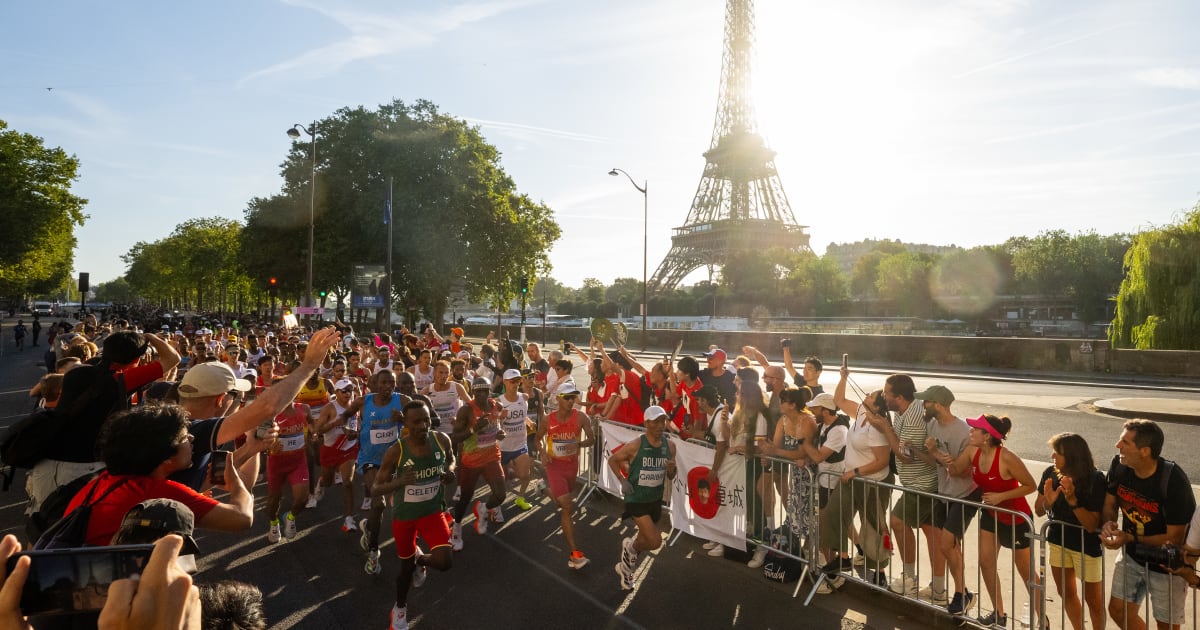
As a consequence of the growing crises in the world, young people fleeing conflict, disaster or persecution are arriving in urban areas in search of safety. Cities like Paris have demonstrated the powerful role sport can play in facilitating integration and inclusion. While hosting the 2024 Olympic Games, the city supported the Terrains d’Avenir programme, which uses sport to support displaced young people.In this conversation, Gerald talks about the challenges young people face when arriving in cities, and how sport can break down both structural and social barriers in a city.Q: Gerald, what made you want to focus on cities?As a refugee myself, I’ve lived in places where exclusion was the norm. Experiencing that isolation showed me how critical it is for cities to be designed with inclusion at their core.That’s why I was drawn to work with the Olympic Refuge Foundation. Having lived through the same challenges, I feel a deep responsibility to advocate for others and help drive inclusion in cities.Q: You contributed to the ORF Policy Brief on Cities, Sport and Inclusion. Can you tell us about the lens you brought?Absolutely. I tried to bring in what I’ve experienced, and what I’ve seen through my work. I was hosted in a new city as a refugee, and later worked as a mediator, working on integration and resettlement processes. I saw that a welcoming city doesn’t just happen. Intentional urban design can include spaces for sport and play, which in turn creates opportunities for connection. I realised cities and municipalities need to be educated on what it means to welcome people from different origins. Sports events, youth leagues and shared recreational spaces allow people to learn each other's cultures. But it also means city governments have to adapt frameworks that support inclusion.Q: What were some of the biggest barriers to inclusion you’ve seen in resettlement contexts?A big one is the location of the resettlement sites. Too often, refugee accommodation is placed far from city centres. No dedicated social spaces, no libraries or sports facilities: you need to walk two hours to reach essential services. That isolation makes everything harder, whether it’s joining football practice or simply playing in a park.Q: In these spaces, how does sport help?When structured properly, sport builds social cohesion. I’ve seen it. I’ve seen tournaments that bring together host communities and refugees. Weekly games in the neighbourhood create trust and friendship. From these events, side conversations start. People share stories. They realise media narratives around refugees don’t match the reality in front of them. For the younger generation particularly, sport becomes an entry point that brings people together. From there, integration grows.I’ve seen sport restore a sense of belonging, especially for people who lost all hope. I’ve seen people go from refugee centres to local tournaments, then on to professional teams. Sport can unlock people’s potential when cities create the right conditions.Q: What are a few things cities can do to improve inclusion that are often overlooked?Sometimes it’s not about a big project. I’ve noticed cities and municipalities were equipped with a lot of urban spaces they weren’t using. Small interventions like opening gyms, organising local tournaments or providing sports equipment have a huge impact. Where you place people matters.Secondly, include refugees in the design process of these sports programmes. Let them sit at the table where decisions are made and co-create activities that they need. They know best what works. I mean it: You want to build inclusive cities? Then design sports fields, playgrounds and community spaces with refugees, not just for them.See sport not just as play, but as a tool for policy. Invest in shared spaces: Not only fields and gyms, but places where communities meet. Train municipality and city staff in inclusive sport programming. Trust refugees to co-design, and support refugee-led leagues and activities. Don’t underestimate the symbolic power of sport to bring people in a city together.ORF Policy Plan on Urban Inclusion through SportDrawing on both his own experience and his professional work in refugee integration, Gerald provided insights that helped shape the ORF’s recent policy plan on this issue. The Plan presents a series of recommendations for cities, drawing on concrete examples of good practices from Paris, Bogotá and Amman.From embedding inclusion in urban planning to investing in safe, shared sport spaces, the Plan outlines a roadmap for municipalities that want to turn diversity into strength.Read the full document

